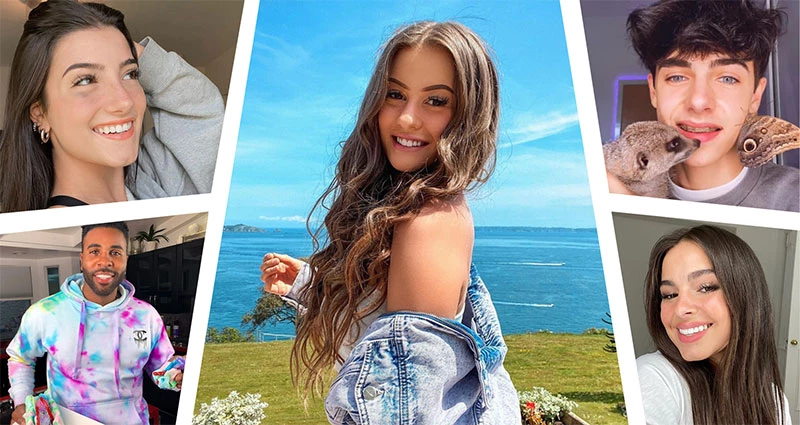There aren’t many operations in this world that lie at the starting point of all civilization—especially in a modern and ever-so-changing world full of the metaverse and rapid expansions of technology. Human psychology is an ideology that has been around since the dawn of time and civilization. Our entire world is built on primitive psychology, and something we do primitively as suggested by the existence of Maslow’s Hierarchy of Needs is divide ourselves almost willingly in social hierarchies and classes. A great example of this divide is grouping people who’ve caught attention on social media (specifically tiktok) into a group, in which they call themselves “influencers.” Taking that definition into fruition, influencers are meant to influence people or to shape their mindset and thinking, and so a debate has formed on whether or not these people should be held accountable for setting a good example for those who follow them. Personally, I believe that—since these people have platforms that have the ability to spark good change in the world—that they should use their benefits to set a good example, and that parasocial relationships as well as mob mentality has a lot to do with why I believe so.
Before even entertaining this issue, it’s important to recognize and realize that famous people are human, and it would be improbable to assume that they’ll never make any mistakes ever. It’s normal and it happens, but with that being said, there’s a reason why I believe that they should be careful to promote a good image. In the last couple of years, there has been a rising, alarming, increase in fans falling into parasocial relationships with their idols or these rising stars. Parasocial relationships (a textbook definition) entail a fan—most likely—falling into a one sided relationship with an influencer. Because of how much we’re all willing to share on social media (and with the idea that influencers these days capitalize on authenticity), it creates a dangerous relationship between an influencer and a fan where the fan thinks they know everything about someone who they’ve never actually met. The problem with this is, that fans feel an artificial closeness and are willing to follow in the footsteps of celebrities, which could end up being life threatening. For example, fans of Kanye West have been spewing out anti-semitic hate speech as a result of feeling this “connection” which makes them want to defend him. We tend to want to replicate those who we are closest to, and this fake relationship between fans and celebrities can cause people to mimic horrible behaviors. It’s important for these “influencers” to put out a good image of themselves because—especially since the demographic for most of these influencers that are on Tik Tok is 10-19 which is a developmental time—fans are going to follow what they do. They can bring good change in this world if they advocate for something great like charity work for a certain company, which would then cause fans to sign up (because of the psychological connection they supposedly have) and help out too.
While an emphasis on parasocial relationships is important, it’s also worth noting that a large part of why influencers and celebrities should be responsible for using their platforms for good is the huge issue with mob mentality that is only getting worse over time. In order to get attention on Tik Tok, you normally have to do something controversial and borderline dangerous. To keep their platforms and to go viral and draw in new viewers, influencers will do ridiculous challenges or dangerous stunts to attract media attention. Mob mentality entails that people will “follow the mob” or go along with things they don’t normally agree with to feel like they belong. If an influencer does something dangerous and it blows up under the guise of it being a new challenge, the parasocial relationships fans have with their idols will cause them to participate in order to satiate their need for closeness, and then the mob mentality effect will have more and more people joining in on something that’s possibly damaging to the health of yourself and others. For example, youtubers in 2012-2014 largely participated in the “Cinnamon Challenge” which entailed eating a large spoonful of cinnamon. People began to do the challenge left and right, and people were actually sent to the hospital because cellulose—what cinnamon is primarily made up of—is very difficult to break down and can cause you to choke. If these youtubers hadn’t promoted something so dangerous, it would have drastically changed, and saved, many lives.
At the end of the day, we’re all human, and it’s taxing to be perfect all of the time. Influencers and celebrities are often subjected to having to act as a robot, always having the right answers and having to keep up an image 24 hours a day. With that being said, there is a certain responsibility that should be placed on them because of this increase in oversharing on social media which then increases the number of parasocial relationships and then mob mentality ensues. Although it isn’t exactly fair to constantly expect something from entities that are human, it’s a reality that having a large platform can impact so many people, and I don’t believe that it’s such a crime to suggest that influencers should recognize the habits of their demographic and act accordingly.
